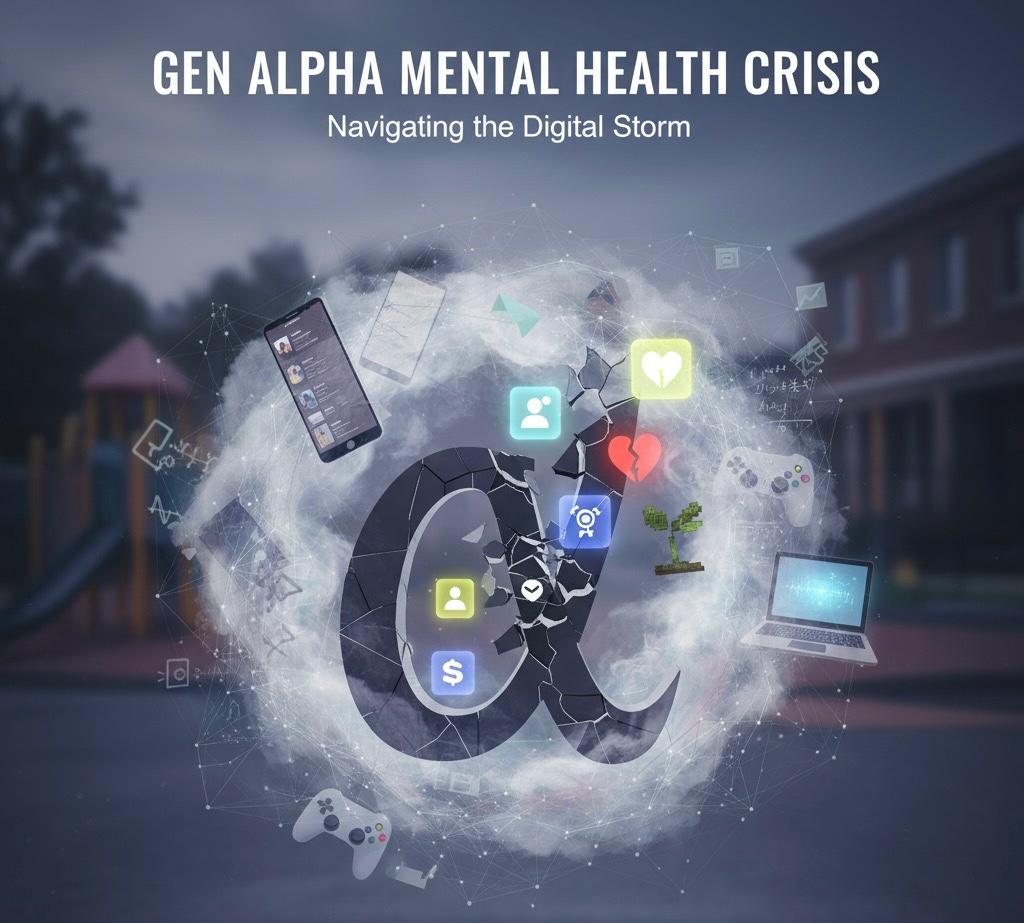Depression is a prevalent mental health disorder affecting millions worldwide. Characterised by persistent feelings of sadness, hopelessness, and a lack of interest or pleasure in most activities, it can significantly impair one’s daily functioning and overall quality of life. Given the growing burden of depression in society, understanding effective coping techniques becomes imperative. This article elucidates various evidence-based coping strategies that can assist individuals in managing and alleviating depressive symptoms.
1. Cognitive Behavioural Therapy (CBT)
CBT is a well-established psychotherapeutic approach focusing on identifying and challenging negative thought patterns and behaviours associated with depression (Hofmann, Asnaani, Vonk, Sawyer, & Fang, 2012). By reframing these patterns into more positive or neutral ones, individuals can develop better coping mechanisms and reduce depressive symptoms.
2. Physical Activity
Regular physical activity has been consistently linked to decreased depressive symptoms. Exercise acts as a natural antidepressant by releasing endorphins, chemicals in the brain that act as natural painkillers and mood elevators (Cooney et al., 2013). Even moderate activities, such as walking or gardening, can contribute to improved mood and mental well-being.
3. Mindfulness and Meditation
Mindfulness, a form of meditation, involves staying present and fully engaging with the here and now. Several studies have demonstrated that mindfulness can be an effective tool in reducing symptoms of depression, particularly in preventing the recurrence of depression (Kuyken et al., 2016).
4. Structured Routine
Depression can strip away the structure from life. Establishing a daily routine can help provide a feeling of normality. Simple tasks such as getting up at a regular time, eating regular meals, or setting small tasks can make a difference (American Psychological Association, 2019).
5. Avoiding Alcohol and Drugs
While some may resort to alcohol or drugs as a way to cope, these can worsen depression and decrease the effectiveness of antidepressant medications. Substance use can also increase feelings of anxiety, making it harder to combat depression (Boden & Fergusson, 2011).
6. Sleep Hygiene
Sleep disturbances are common among those with depression. Maintaining good sleep hygiene—like setting regular sleep times, ensuring a dark and quiet environment, and avoiding screens before bedtime—can significantly improve mood and energy levels (Irish, Kline, Gunn, Buysse, & Hall, 2015).
7. Social Connection
Engaging with loved ones, friends, or support groups can alleviate feelings of isolation associated with depression. Social connection can provide emotional support and opportunities for shared activities, enhancing mood and well-being (Teo, Choi, & Valenstein, 2013).
8. Set Boundaries
Overexertion, whether at work or in personal matters, can exacerbate depressive symptoms. Learning to set boundaries, say no when necessary, and allocate time for self-care can promote mental well-being (Griffiths et al., 2015).
9. Professional Help
It’s essential to recognise when professional help is needed. Speaking with a psychologist or psychiatrist can offer tailored coping techniques and therapeutic interventions. Medications, when prescribed, can also be beneficial for some individuals (Malhi & Mann, 2018).
Conclusion
Coping with depression requires a multi-faceted approach. While the techniques above are grounded in scientific research and clinical practice, it’s crucial to understand that each individual’s journey with depression is unique. Combining self-help strategies with professional guidance can pave the way for a comprehensive and effective treatment plan. Most importantly, seeking help and support, whether from loved ones or professionals, is a sign of strength, not weakness.
Take a quick self assessment
References
- American Psychological Association. (2019). Depression: How psychotherapy and other treatments can help most people recover.
- Boden, J. M., & Fergusson, D. M. (2011). Alcohol and depression. Addiction, 106(5), 906-914.
- Cooney, G. M., Dwan, K., Greig, C. A., et al. (2013). Exercise for depression. Cochrane Database of Systematic Reviews, (9).
- Griffiths, C. A., Griffiths, L. J., & Griffiths, J. D. (2015). The impact of work-life balance on the wellbeing of employees in the private sector in Ireland. Procedia Economics and Finance, 24, 567-575.
- Hofmann, S. G., Asnaani, A., Vonk, I. J., Sawyer, A. T., & Fang, A. (2012). The efficacy of cognitive behavioural therapy: A review of meta-analyses. Cognitive Therapy and Research, 36(5), 427-440.
- Irish, L. A., Kline, C. E., Gunn, H. E., Buysse, D. J., & Hall, M. H. (2015). The role of sleep hygiene in promoting public health: A review of empirical evidence. Sleep Medicine Reviews, 22, 23-36.
- Kuyken, W., Warren, F. C., Taylor, R. S., et al. (2016). Efficacy of mindfulness-based cognitive therapy in prevention of depressive relapse. JAMA Psychiatry, 73(6), 565-574.
- Malhi, G. S., & Mann, J. J. (2018). Depression. The Lancet, 392(10161), 2299-2312.
- Teo, A. R., Choi, H., & Valenstein, M. (2013). Social relationships and depression: ten-year follow-up from a nationally representative study. PloS One, 8(4), e62396.
How to get in touch
If you or your patient/NDIS clients need immediate mental healthcare assistance, feel free to get in contact with us on 1800 NEAR ME – admin@therapynearme.com.au.







